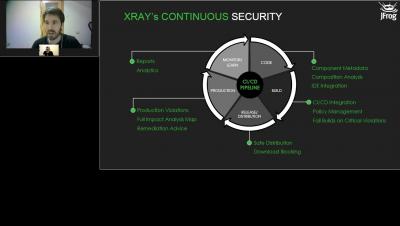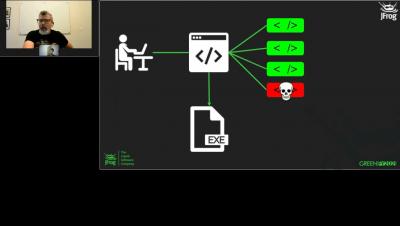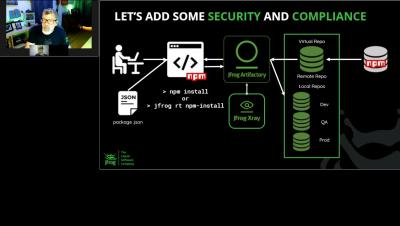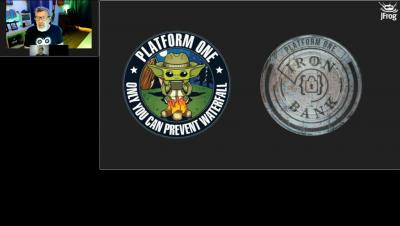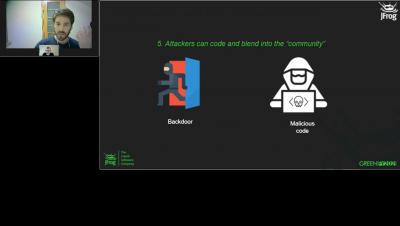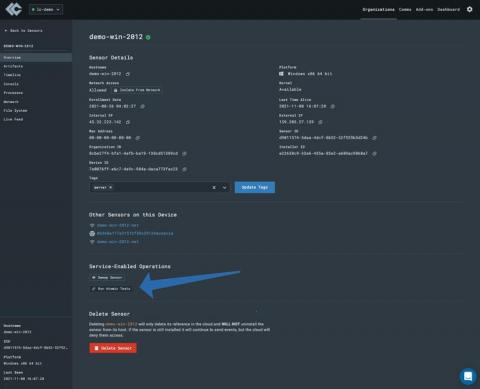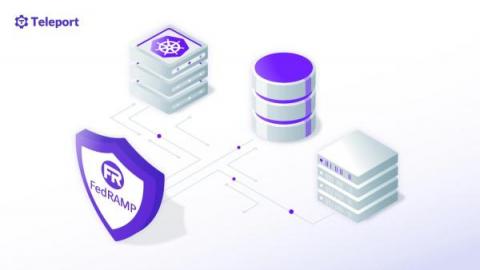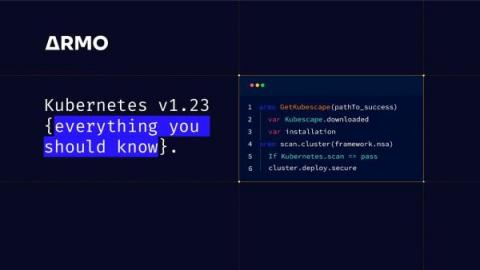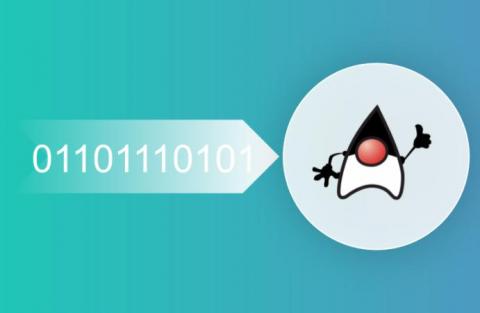Software Deployment Tools: SCCM vs Intune vs GPO vs More
There are many software deployment tools to deliver software and updates to your endpoints, but just because you have a lot of options doesn’t mean it has to be confusing. You might pick one software deployment tool to do it all, or you might pick several automated software deployment tools depending on your needs.



